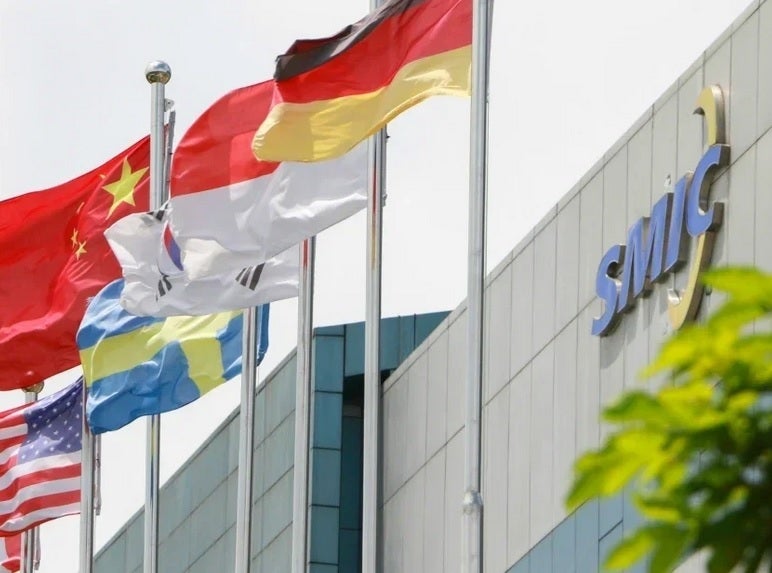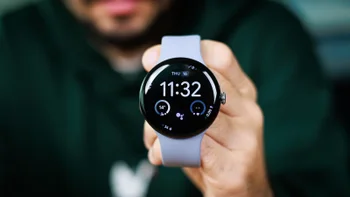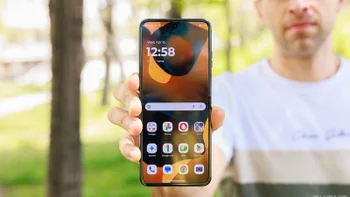In wake of Huawei's 5G chip breakthrough, U.S. promises to protect national security

U.S. Commerce Department Secretary Gina Raimondo was asked this week how the U.S. would respond following Huawei's announcement of the Mate 60 Pro in August. The phone is powered by the 7nm Kirin 9000s 5G chipset. Huawei was supposed to be unable to obtain cutting-edge chips thanks to U.S. sanctions. The chip, which was built by China's largest foundry SMIC, uses an older process node which gives it a lower transistor count than chips designed by Apple, Qualcomm, and others.
Still, the news that the Huawei Mate 60 Pro is the company's first 5G phone since 2020's Mate 40 line has U.S. lawmakers and officials besides themselves wondering how Huawei was able to thwart the U.S. sanctions to build a 5G chipset. The previous three flagship models made by Huawei, the P50 series and the Mate 50 from 2022, and the P60 line in 2023, used Qualcomm's Snapdragon chips that were tweaked not to work with 5G signals. Huawei received a license to import those chips.
GOP wants U.S. to retaliate by completely cutting off SMIC and Huawei from U.S. suppliers
On Monday, in an interview with Bloomberg News, Raimondo said, "Every time we see something that’s concerning, we investigate it vigorously." The Commerce Department secretary called Huawei's ability to obtain the Kirin 9000s 5G chips "deeply concerning." In Washington, Republicans are saying that the development of the Kirin 9000s and SMIC's ability to build it violate the sanctions against Huawei and that the U.S. should retaliate by completely cutting off both SMIC and Huawei from American suppliers.

China's largest foundry, SMIC, allegedly produced the 7nm Kirin 9000s 5G chip using a DUV machine
Huawei, already on the Entity List for being a national security threat and thus unable to do business with its U.S. supply chain, had to develop its own HarmonyOS operating system after being cut off from doing business with Google and its Android software. It also developed its Huawei Mobile Services for its equipment ecosystem.
"The investigations take time," Raimondo said. "You know, we need them to stick. We need to gather information. So at this point, all I will say is that was concerning and we will take whatever action is the strongest possible to protect America." Bloomberg reported in October that the Kirin 9000s chipset was made by SMIC using deep ultraviolet lithography (DUV) which can etch circuitry patterns on chips no more advanced than 7nm.
More cutting-edge chips, like the 4nm and 3nm application processors used on some current Android and iOS flagships, require the use of an extreme ultraviolet lithography (EUV) machine which is made by just one company, Dutch firm ASML. U.S. export rules prevent the EUV machine from being shipped to China. Some DUV machines can still be shipped to China.
Discussing how ASML is cooperating with the U.S., Raimondo said, "We are in pretty regular contact with the Netherlands and with ASML because they are our partners in these export controls. I have been talking to them pretty regularly, not just about this investigation."
Canon's wild card technology could allow SMIC design to build 5nm and possibly 2nm chips
Chinese Foreign Ministry spokeswoman Mao Ning said during a regular press briefing in Beijing on Tuesday that "the US has time and again abused export-control measures, and this is not in the interests of global and industrial supply chains."
Some U.S. officials are concerned that SMIC will soon be able to produce 5nm chips bringing Huawei closer to the 3nm node used by TSMC to make the A17 Pro used on the iPhone 15 Pro and iPhone 15 Pro Max. Back in October, Japanese firm Canon announced that it developed a way to make 5nm chips without using EUV lithography. Canon says that its nanoimprint lithography (NIL) technology can help churn out 5nm chips now. With improvements to mask technologies, Canon says its NIL process can help build 2nm chips.
Since the technology doesn't use cutting-edge optics or mirrors like EUV, Canon might be able to ship the technology to China. Gartner analyst Gaurav Gupta said that he expects the U.S. will prevent China from getting its hand on this technology soon.
Follow us on Google News













Things that are NOT allowed:
To help keep our community safe and free from spam, we apply temporary limits to newly created accounts: